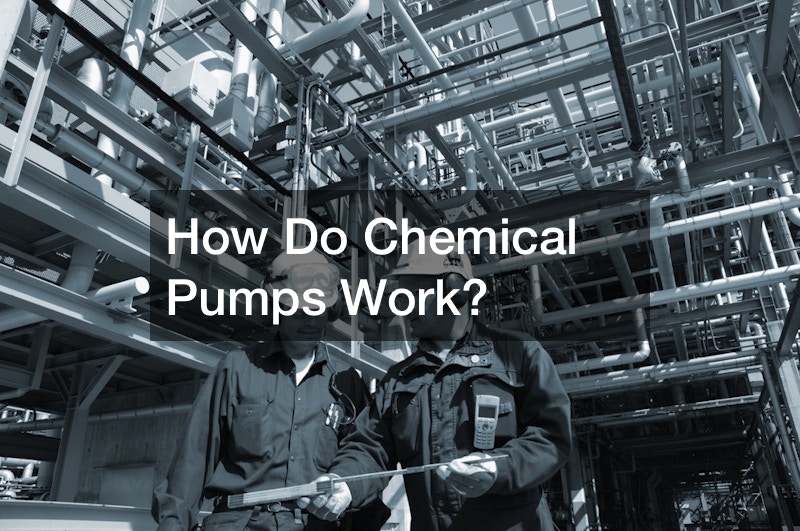
Chemical pumps are types of machinery used in numerous industrial sectors to handle and transport different kinds of hazardous and corrosive fluids. These pumps are quintessential pieces of equipment in chemical plants, refineries, and industries dealing with oil and gas production and processing. The wide and varied crucial uses of these pumps have motivated and prompted the pump manufacturing industry to provide better, more efficient, and safer pumps.
In essence, chemical pumps are able to handle liquids with a high chemical concentration. Chemical pumps are made up of a number of components, which are specifically designed for the purpose to help protect against corrosion, wear, and chemical deterioration. Usually, the parts are composed of special alloys that help resist chemical reactions, metal components constructed from corrosion-resistant stainless steel, or rubber and plastic components that are resistant to breakdown. It is critical to note that the likelihood of a pump experiencing corrosion due to the chemicals it carries will vary based on the type of material used for pump construction and other factors.
For industrial operations, such as refineries, which use hazardous and corrosive chemicals, it is very important to invest in chemical pumps that are reliable and safe for use. To ensure reliability and safety the pumps should be equipped with devices such as check valves.
With these, chemical pumps are indeed a big help to make work a lot faster.
.





